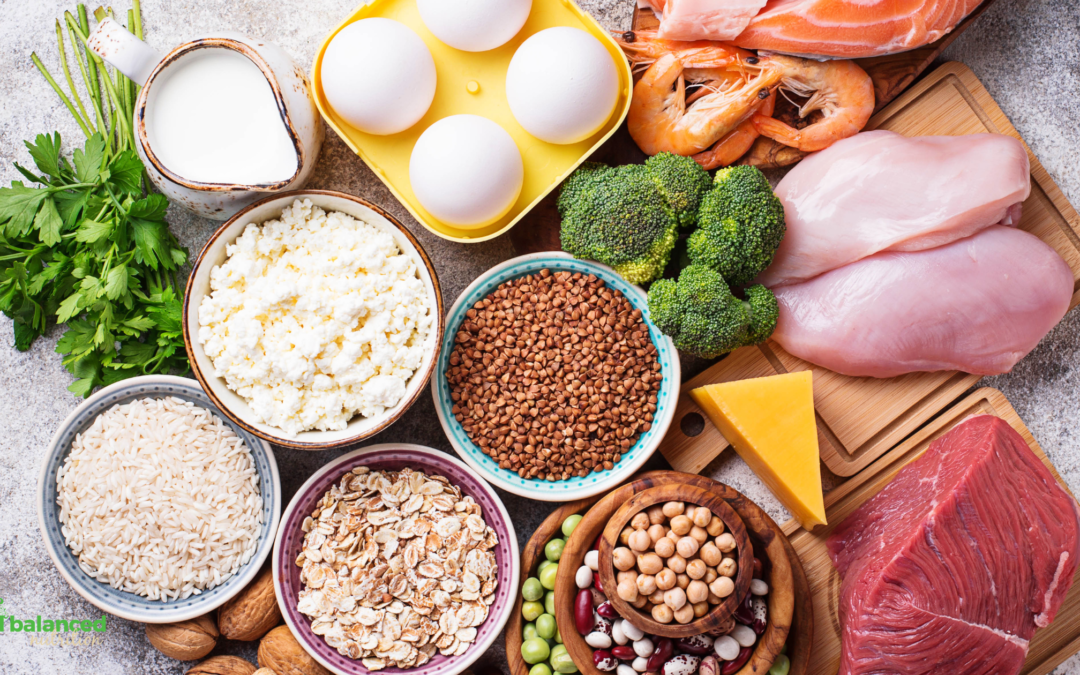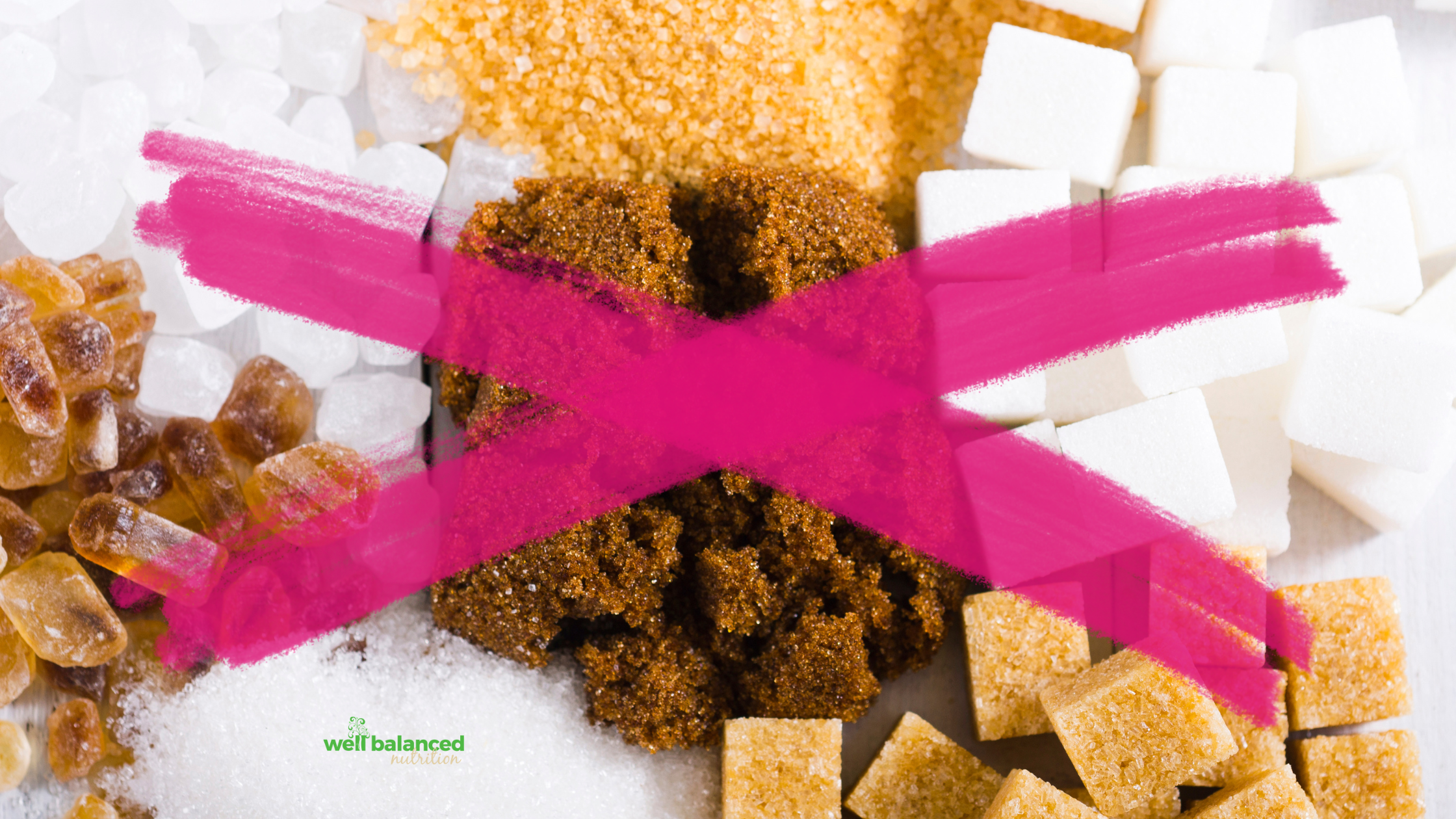As the holiday season revs up, we often look forward to our favorite festive foods. However, sometimes those delicious dishes can wreak havoc on our digestive system. Not to mention that the lack of regularity in our schedules, routines, and eating habits during this time of year can lead to irregularity in our bowel movements. However, holiday cheer doesn’t mean you have to feel bloated, constipated, or crampy! That’s why I (Bella) teamed up with our friend Dr. Norah from Functional Pyhzio to come up with some ways to help you beat the bloat (and more) this holiday season.
What we put in our bodies influences what comes out of our bodies. Here are some things to add to your stool tool box:
- Stay hydrated – If constipation is a main complaint, you might not be drinking enough water throughout the day. Dehydration means our intestines don’t have enough water and can lead to dry, lumpy, hard stools.
- Try and aim for at least 8 glasses of water per day to combat constipation
- Set a reminder on your phone if you often forget about water throughout the day
- A great “hack” is to drink at least one glass of water as soon as you wake up (or at least before coffee) to start of the day the hydrated way
- Add more fiber – There are two types of fiber: soluble and insoluble. Soluble fiber dissolves in water and slows digestion, allowing us to absorb more nutrients. Insoluble fiber doesn’t dissolve in water, adding to fecal bulk and softening stool, making it easier and less straining on our bowels when we go number 2. Typically the rule of thumb is that insoluble fiber is great for constipation and irregularity and soluble fiber is good for both diarrhea and constipation.
- Sources of soluble fiber: oats, apples, beans, bran, and barely
- Sources of insoluble fiber: wheat bran, beans, whole-wheat flour, potatoes, cauliflower, and many other veggies
- Adding nuts and seeds (especially chia and flax seeds) on top of yogurt, oatmeal, salads, or to smoothies can be an easy way to sneak more fiber into each meal
- Keep movin’ – Physical activity is a great way to support your digestive system and keep you regular. Our intestines have natural movements that move stool through our bodies. However, exercise can be the push our bowels need if things start to slow down.
- A short activity that’s about 15 minutes long may be all that you need to get those bowels moving
- Consistent exercise promotes consistency in our bowel movements
- Ditch the irritating foods – If you find your stools to be looser than normal, then you may be consuming food or drinks that irritate your insides.
- Caffeine, alcohol, sugar alcohols (sorbitol, xylitol, mannitol), spicy, and fried or fatty foods are common culprits
- However, everyone is unique and may have foods that are personally triggering. Try and keep a record of what you eat and drink if you are having loose stools regularly
Nutrition isn’t the only way you can manage your symptoms. Oftentimes things like toileting posture and muscle tension/relaxation are overlooked. That’s why we love these suggestions from Dr. Norah’s recent blog post:
- “Toileting posture – when you’re sitting on the toilet (pee or poop) it’s important that you can fully relax and that you are comfortable.
- Place your feet on a step stool (the squatty potty is the best) to your knees are higher than hips
- Lean forward
- Check out THIS post to learn more
- Abdominal Massage – self abdominal massage can help with digestion as well as improving constipation or bloating
- Gently massage abdomen in small circles, starting at the right lower abdomen and working along the large intestine in a clockwise fashion
- Learn more abdominal massage techniques HERE
- Pelvic Floor Relaxation – When the pelvic floor muscles can’t relax it makes it much harder to go.
- To work on pelvic floor muscle relaxation lay on your back with your feet together and knees comfortably out to the side
- Take a deep breath in and imagine your lungs are in your pelvis. Feel your hips and pelvic floor relaxing as you breathe in and out.”
Don’t let diarrhea, constipation, or belly discomfort get you down this holiday season. Next time your symptoms start to act up, try out these simple techniques so you can be jolly all season (and year) long.



